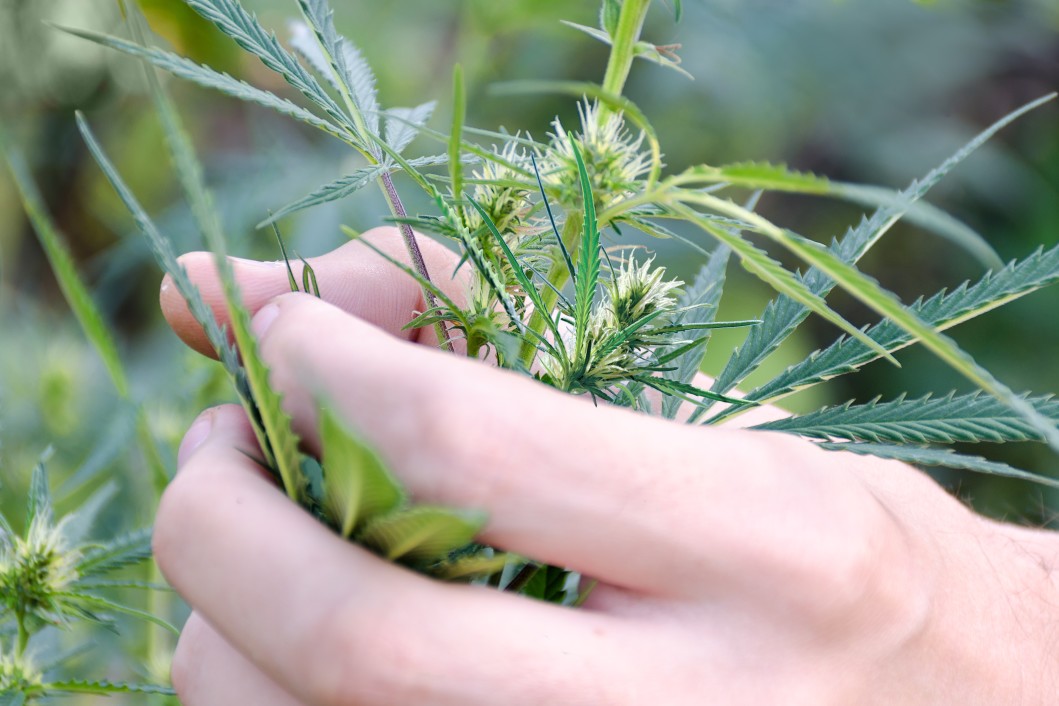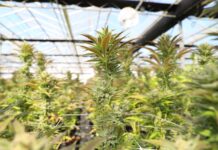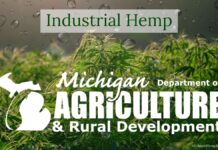Luis Hummel last week loaded his 2019 hemp crop — his second and his last — on a truck bound for a CBD processor in Colorado.
After just two growing seasons, Hummel fell on the wrong side of the legal tightrope farmers must walk to raise hemp. A cannabis concentrate he produced that contained too much THC led to criminal charges and an agreement with state regulators that he exit the business “in 2020 and thereafter.”
“It is what it is, but I got my crop,” Hummel said.
Hemp farming drew heavy interest from Minnesota farmers as corn and soybean prices flatlined and a fast-growing market for CBD oil emerged from nowhere. More than 500 growers and processors secured licenses under the state’s industrial hemp pilot program last year.
But the business is perilous. The legal chemical in hemp that’s driving demand, CBD or cannabidiol, is intertwined with the intoxicating chemical that remains illegal by federal law, THC or tetrahydrocannabinol.
Seed technology is in its infancy. The rules give farmers little room for error. Thirty growers in Minnesota were ordered to destroy their crops in 2019 after they tested too high for THC. But even as the state Department of Agriculture ordered farmers to burn or bulldoze their fields, it beseeched the federal government to loosen new rules set to take effect later this year.
“You can’t expect the private sector to follow laws that different enforcement agencies don’t agree on,” Hummel said. “That’s just common logic.”
Read The rest of the story HERE at the STAR TRIBUNE written by By Adam Belz Star Tribune























